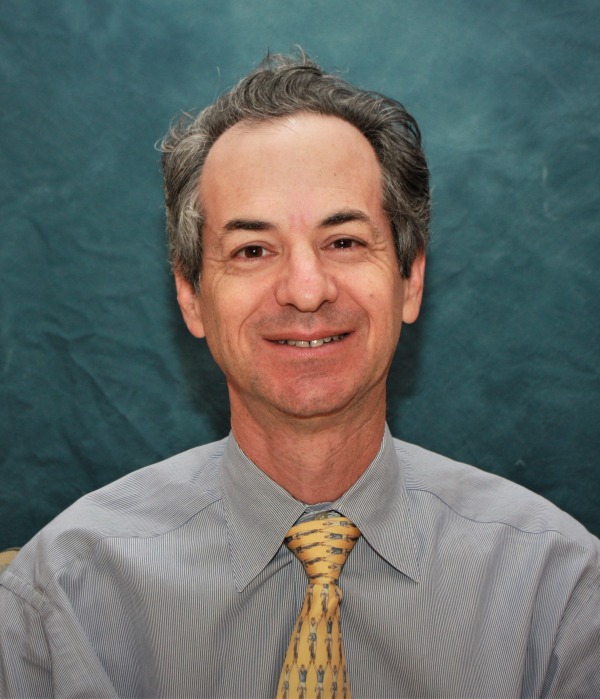The Lipshutz Lab would like to welcome new project scientist Rachel Reyes to the lab! The lab and its personnel are very excited to have you here!... Read More
The Lipshutz Lab would like to congratulate both Wesley and Puja on their recent presentations at the 27th Annual American Society of Gene and Cell Therapy (ASGCT) Conference. Wesley presented “Use of an Oversized AAV8 Vector for CPS1 Deficiency Results in Long-Term Survival and Ammonia Control,” and this abstract was accepted as a poster presentation. Puja presented “Ubiquitous Promoter in…... Read More
The Lipshutz Lab would like to congratulate Aleks on his recent fellowship award. This fellowship comes from the Association for Creatine Disorders and it is for his project “Unraveling Cerebral Creatine Deficiency Syndromes: Insights into Neurodevelopment through Organoid Research.” He aims to comprehensively unravel the cellular and molecular intricacies of SLC6A8 and GAMT mutation-related neural impairment while simultaneously explore the…... Read More
The Lipshutz Lab would like to congratulate Staff Research Associate Taryn Diep on her accepted oral presentation. Out of 175 submitted abstracts to the 2024 Society for Inherited Metabolic Disorders (SIMD) Conference, Taryn’s abstract – centered on the dysmyelination of Arginase deficiency, has been selected as one of only six oral presentations. Congratulations on this accomplishment Taryn!... Read More
The Lipshutz Lab would like to congratulate Martin Wallner, Meera Pratap, and Dr. Gerry Lipshutz for their recent publication: GABAA-Receptors as Plausible Molecular Targets and Mediators for Taurine and Homotaurine Actions... Read More
The Lipshutz Lab would like to congratulate Staff Research Associate Lizzie Zhang for her achievements and her acceptance to the University of Virginia’s Neuroscience Graduate Program. Thank you for all your contributions to this lab!... Read More
The Lipshutz Lab would like to congratulate Staff Research Associate Colleen Le for her achievements and her acceptance into UCLA David Geffen School of Medicine. Thank you for all of your contributions to this lab!... Read More
Lizzie Zhang and Dr. Gerry Lipshutz presented at this year’s ASGCT Conference. Lizzie presented “Oligodendrocyte Toxicity by Guanidino Compounds, Not Arginine, Fosters Dysmyelination in Arginase Deficiency and is Prevented by AAV-Based Gene Therapy.” Dr. Lipshutz presented “mRNA-3927 Therapy for Propionic Acidemia: Interim Data From a Phase 1/2 Study.” Congratulations to both Lizzie and Dr. Lipshutz!... Read More
Several members of the Lipshutz Lab attended the 26th Annual American Society of Gene and Cell Therapy Conference. These members included Dr. Gerry Lipshutz, Lizzie Zhang, Colleen Le, Natanya Gunn, Taryn Diep, Puja Patel, Yue Huang, and Aleks Bogoniewski.... Read More
Dr. Gerald Lipshutz has been awarded the Quest Award by the California Institute for Regenerative Medicine (CIRM)! The $2.3 million award will fund the lab’s work to develop a one-time gene therapy to treat creatine transporter deficiency, which inhibits creatine—a molecule that is an essential energy source for brain and muscle cells—from reaching the brain and muscles and causes neural…... Read More
“Mouse Study Shows Gene Therapy May Correct Creatine Deficiency Disorder” Link: https://www.uclahealth.org/news/LipshutzGAMT2022... Read More
Andrea, Lizzie, and Colleen attended the 25th Annual American Society of Gene and Cell Therapy (ASGCT) Conference. Lizzie and Colleen presented their research.... Read More
Congratulations to Matt on receiving his PhD and starting a new position at Poseida Therapeutics joining Brian Truong!... Read More
We are all very excited to have her join our research group!... Read More
Matt Nitzahn presented his dissertation project to his committee, family and others interested in his work.... Read More
Congratulations to Colleen on her acceptance into the i2URP Program!... Read More
Matt, Suhail, and Jenna attended and presented their research at the 23rd Annual American Society of Gene and Cell Therapy (ASGCT) virtual Conference.... Read More
Congratulations to Brian on receiving his PhD and starting a new job at Poseida Therapeutics!... Read More
Gerry Lipshutz is appointed as a member of the Gene and Drug Delivery Systems (GDD) Study Section for the NIH.... Read More


